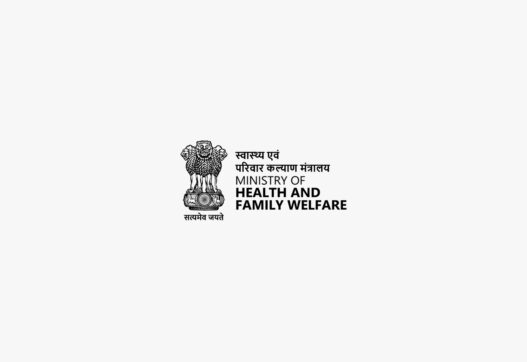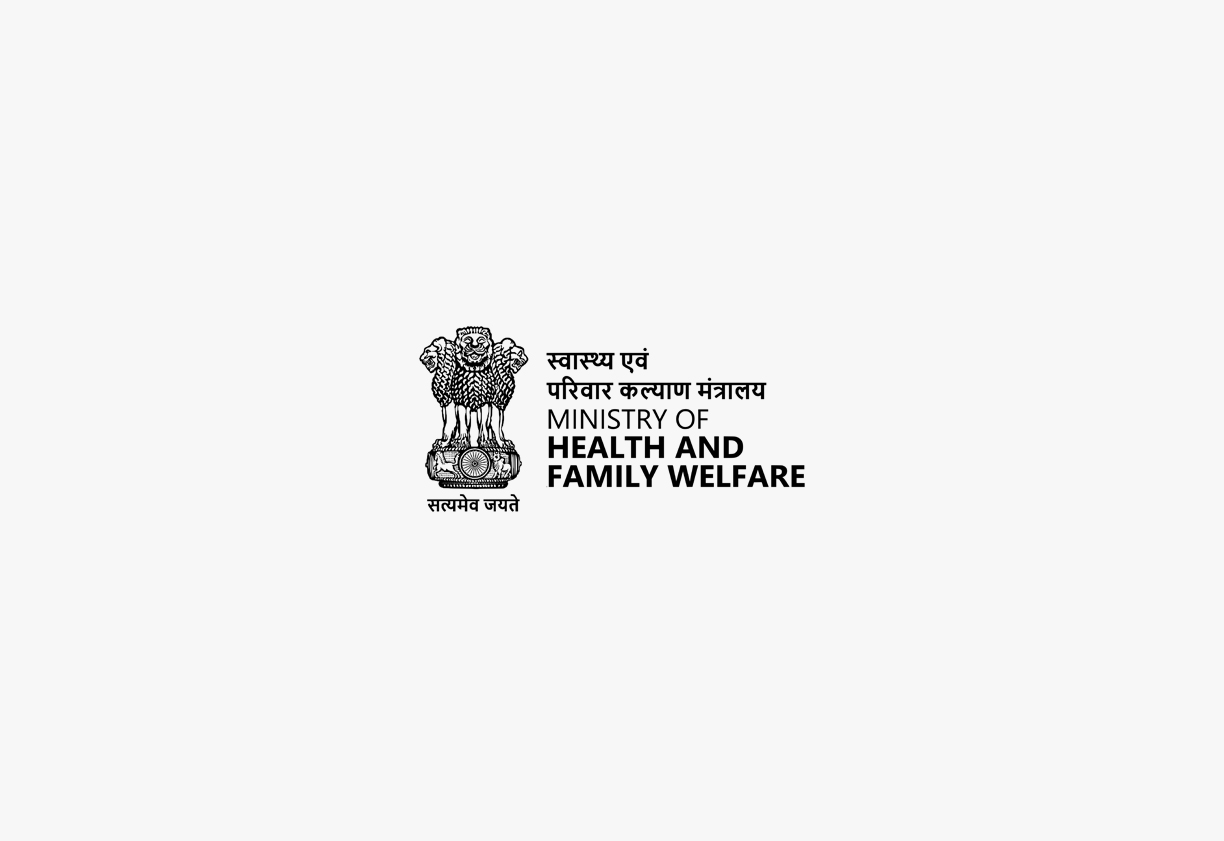Ministry of Health and Family Welfare
1: Act Background and Ministry Under Which This Act Is:
The Drugs and Magic Remedies (Objectionable Advertisements) Act, 1954, was enacted to control the advertisement of drugs and to prohibit the promotion of remedies alleged to possess magic qualities. This act aims to prevent misleading and deceptive advertisements related to drugs and treatments. The act falls under the administrative purview of the Ministry of Health and Family Welfare, which is responsible for overseeing the implementation and enforcement of regulations related to drug advertising. The ministry plays a key role in protecting public health and safety.
2: Enactment Date, Number of Chapters, Number of Sections:
The Drugs and Magic Remedies (Objectionable Advertisements) Act, 1954, was enacted on 30th April, 1954, and is known as Act No. 21 of 1954. The act does not have formal chapters but is structured into 16 main sections. These sections cover various aspects such as definitions, prohibitions on certain types of advertisements, penalties, powers of enforcement, and rule-making authority. The act also includes a schedule listing diseases and conditions for which advertising is restricted. The act has been amended to reflect changing requirements.
3: Act Governed By:
The Drugs and Magic Remedies Act is governed by the Central Government, which is empowered to make rules and regulations under the Act. State Governments also play a role in enforcing these provisions within their respective jurisdictions. The act is governed by the provisions outlined within it, as well as rules and regulations framed by the Central government. It is therefore a combination of central and state oversight.
4: On Whom It Is Applicable:
The provisions of The Drugs and Magic Remedies Act apply to all individuals and entities involved in the publication of advertisements related to drugs and magic remedies in India. This includes advertisers, publishers, manufacturers, distributors, and any other stakeholders involved in the promotion of such products. The act also applies to those who import or export objectionable advertisements. The act is intended to protect the public from misleading and false claims.
5: Penalties/Punishments:
The act prescribes penalties for contraventions, including:
-
First Conviction: Imprisonment up to six months, or a fine, or both.
-
Subsequent Conviction: Imprisonment up to one year, or a fine, or both.
-
Forfeiture: The act also allows for the forfeiture of any document, article or thing in respect of which the contravention is made. The penalties are intended to deter the dissemination of misleading information.
6: Important Pointers:
-
Definitions: The act clearly defines terms such as “advertisement,” “drug,” and “magic remedy.”
-
Prohibition of Certain Advertisements: It prohibits advertisements for drugs promoting miscarriage, sexual enhancement, or menstrual corrections.
-
Misleading Claims: The act prohibits advertisements that make false or misleading claims about drugs.
-
Magic Remedies: It prohibits the advertisement of magic remedies for diseases and conditions.
-
Import and Export Restrictions: It restricts the import and export of objectionable advertisements.
-
Cognizable Offences: The act makes offenses under it cognizable, allowing for prompt action.
-
Rule-Making Power: It empowers the Central Government to make rules for carrying out the purposes of the act.
-
Exemptions: The act allows for exemptions in certain cases where public interest requires it. The act focuses on preventing misleading information and claims.
7: Act Copy:




